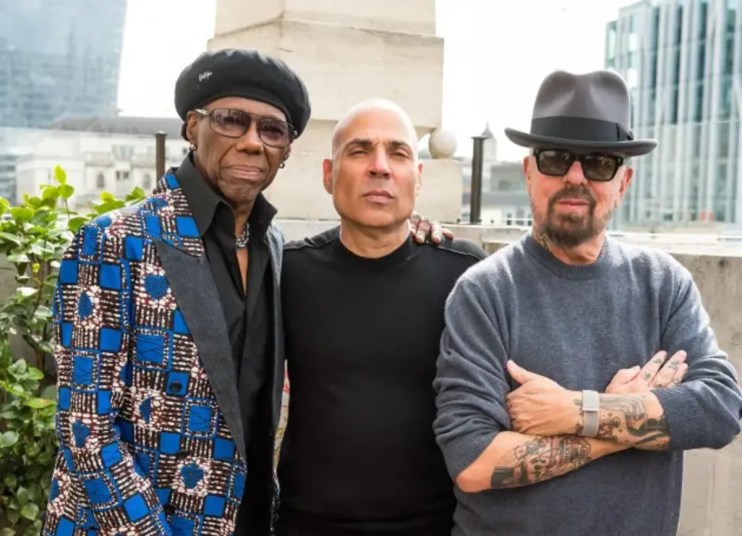Hipgnosis boss calls for better copyright protection and pay for struggling musicians

The boss of Hipgnosis Songs Fund has contributed to a report in which MPs have called for better support and copyright protection for struggling music artists.
The Culture, Media and Sport (CMS) select committee has today published a report on creator remuneration as part of its ongoing inquiry into the economics of streaming.
It said songwriters and publishing rightsholders continue to collect “pitiful returns” from streaming and urged the government to speed up action to ensure creators are fairly compensated for their work, especially when it is used for and by artificial intelligence (AI) models.
Over the past six months, the CMS select committee has heard evidence from a number of music industry organisations and veterans including Hipgnosis boss Merck Mercuriadis, record producer Nile Rodgers and Music Publishers Association chief Paul Clements.
“It is one of the fundamental tenets of our life that people need music,”Mercuriadis told the committee. “If you got on the tube this morning at 8am, you would see all these people with headphones on; people think they are being entertained as they go from point A to point B, but it is not entertainment.
“They are getting the sustenance that they need to get through whatever life is going to throw at them that day, good or bad,” he added.
The CMS select committee launched its inquiry into the economics of streaming in autumn 2023 to explore issues around fair remuneration and working conditions in the creative industries.
Its latest report follows on from previous ones on the impact of artificial intelligence on creators and the economics of music streaming.
According to government data, creative industries collectively contribute approximately £108bn in gross value added (GVA) to the UK economy annually, equivalent to six per cent of the UK economy.
Dame Caroline Dinenage MP, chair of the CMS Committee, said: “Many of our talented actors, writers, composers and singers are failing to share in the global success of the UK’s creative industries as the sector struggles to navigate a perfect storm caused by everything from the emergence of AI through to the rapid changes in the way content is consumed.
“If creators are no longer to be the poor relations, the government needs to play catch up by plugging the gaps in outdated copyright and intellectual property regulations and ensuring that there is a champion for the rights of freelancers, who make such a vital contribution to their industries.
“Since the Committee called for a complete reset of the music streaming industry to ensure a fairer split of revenues, there have been moves in the right direction, but the government needs to move further and faster to ensure music makers really are properly rewarded for their work,” she added.
The use of copyrighted work without permission, credit or compensation is one of the biggest issues facing the music industry right now. The rising use of AI to generate music has been pushed to the front of the agenda in the music business, with a mass of artists and companies rushing to combat the “unlicensed exploitation” of their work.
Dr Jo Twist OBE, chief executive of the British Phonographic Industry (BPI), the UK’s trade body for recorded music, said the CMS select committee is right to highlight concerns around generative AI and its potential impact on the music industry, including both artist and rightsholders.
“That said, the report fails to recognise that, with the support of their labels, more UK artists are succeeding in the streaming economy than ever before and that the real challenge facing all of us is how we can enable continued growth so even more creators stand to benefit.
“In an increasingly competitive global industry, their approach risks limiting investment and harming the UK talent of the future, when what we need is a supportive regulatory environment in which British recorded music can thrive,” Twist added.
BPI has engaged with the streaming inquiry since its inception and now also contributes to the Creator Remuneration Working Group.